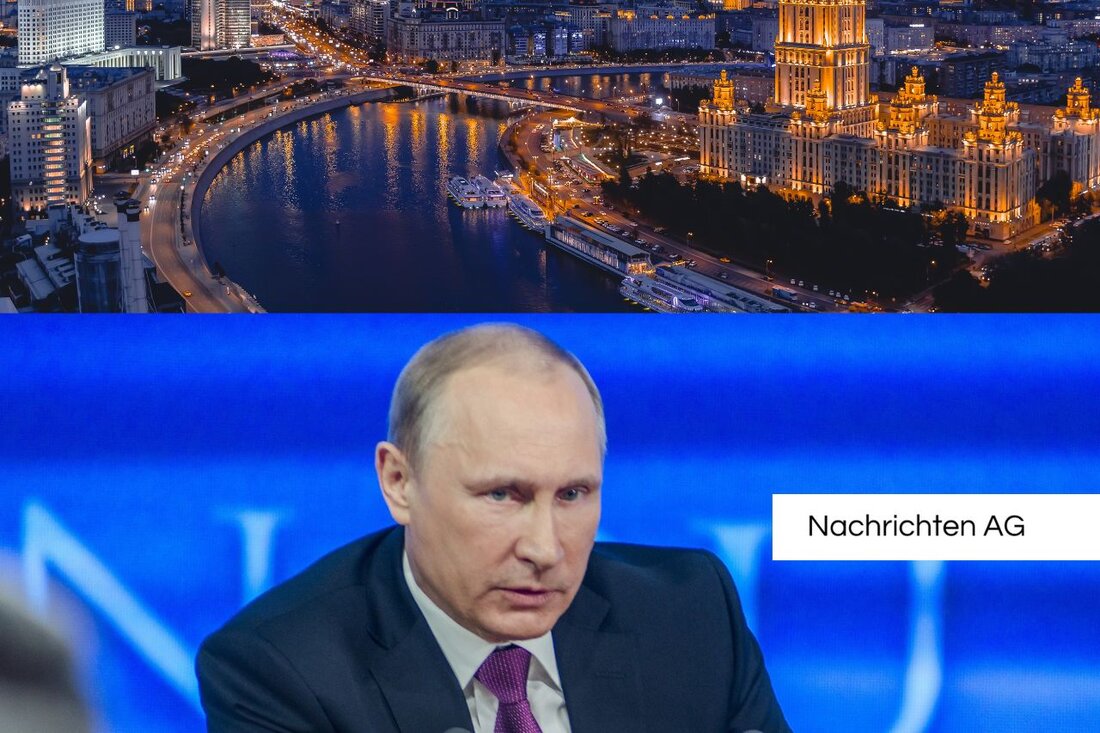Мултилатерализмът в криза: Ролята на Германия в глобалната промяна!
Германия разчита на мултилатерализма като основна максима на външната политика, за да разреши мирно глобалните предизвикателства.

Мултилатерализмът в криза: Ролята на Германия в глобалната промяна!
Мултилатерализмът не е празен лозунг в германската външна политика, а фундаментална стратегия, която се бори за мир и стабилност в световен мащаб. Германия разглежда тази форма на международно сътрудничество като система, която се прилага за всички държави и има за цел заедно да преодолеят глобалните предизвикателства и да предотвратят бедствия като Втората световна война. Организацията на обединените нации (ООН) играе централна роля в това, като действа като пазител на международните ценности и норми, както deutschland.de описва.
Но в свят, пълен с кризи, от конфликти в Близкия изток до Украйна до неотложни проблеми като изменението на климата и изчезването на видовете, мултилатерализмът е под натиск. Генералният секретар на ООН Антониу Гутериш изрази загриженост относно това развитие, като подчерта, че универсалните ценности се ерозират и демократичните принципи се поставят под въпрос. Германският външен министър Хайко Маас също е критичен към ситуацията и предупреждава, че нашата либерална международна система, която се основава на съвместно намиране на решения, е изложена на риск. Това се отразява не само в трудността при разработването на нови международни норми, но и в оттеглянето на държави от важни споразумения, като например САЩ от споразумението за климата, като zeitschrift-vereinte-nationen.de обяснява.
Предизвикателството на мултилатерализма
Предизвикателствата пред мултилатерализма са различни. От една страна е натискът, който се оказва върху международния ред, особено от страна на САЩ. От друга страна, има държави като Китай и Русия, които подкрепят мултилатерализма и се противопоставят на съществуващите норми и ценности. Тези напрежения засягат не само принципите, които са в основата на системата, но и начина, по който се координират националните политики. Мултилатерализмът или дори минилатерализмът, при който само малка група държави си сътрудничат на международно ниво, може да представлява отговор на настоящите предизвикателства, както се отбелязва в анализа на swp-berlin.org.
Ефективният многостранен подход обаче изисква истинска готовност за компромис и способност за съвместни действия. Тук германската външна политика има аксиоматично значение, което може да се усети и във външната политика и политиката на сигурност на ЕС. „Алиансът за мултилатерализъм“, иницииран от Германия и Франция през септември 2019 г., има за цел да укрепи международния ред.
Бъдещи перспективи
Бъдещето на мултилатерализма остава несигурно, но консенсусът остава: необходимо е преосмисляне. Юбилейната среща на върха на ООН през 2020 г. може да предостави възможност не само за установяване на нови норми, но и за връщане на многостранния подход към стабилна основа. Германският подход да не действа сам и да наблегне на обща стратегия с европейски и международни партньори ще бъде от решаващо значение за постигането на дългосрочен успех.
В свят, в който държавите все повече настояват за националните интереси, политиците трябва да извършват умело формулирани анализи на собствените си уязвимости и тези на своите партньори и опоненти. Убеждаването също ще стане по-важно, за да се укрепи собствената властова база и тази на нейните съюзници. Мултилатерализмът остава не само крайъгълен камък на германската външна политика, но и основна концепция за мирно и съвместно съжителство на глобално ниво.

 Suche
Suche
 Mein Konto
Mein Konto